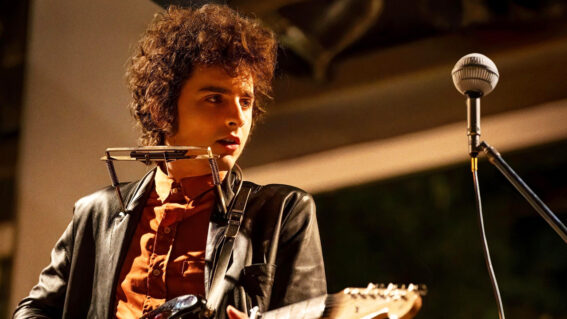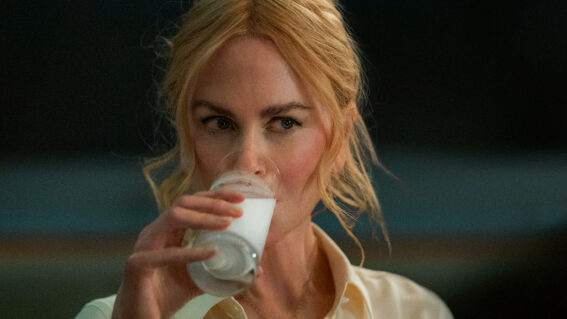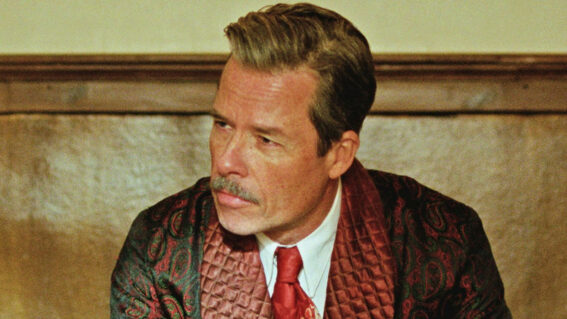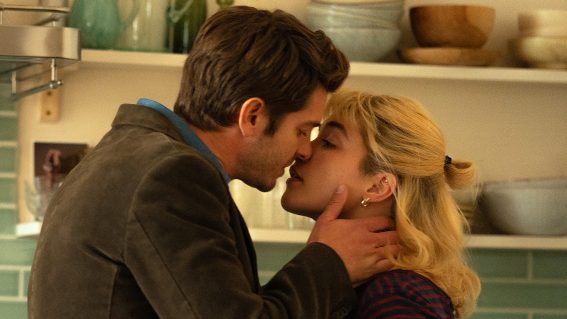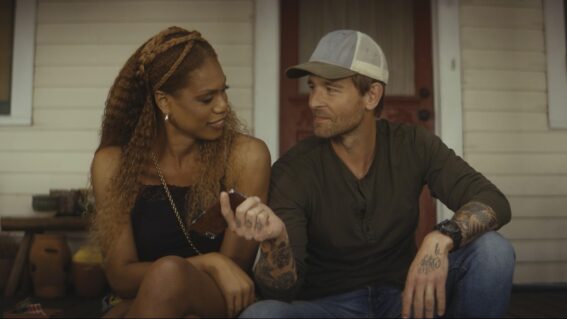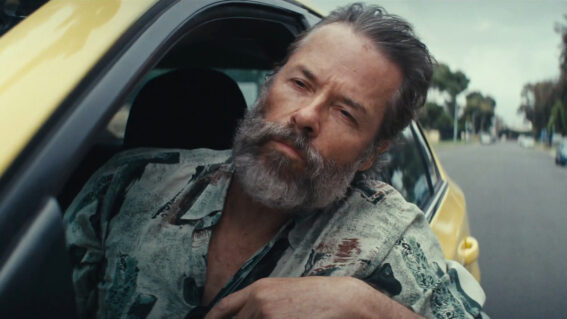Emotional doco Love, Lizzo reveals an unapologetically bold pop icon
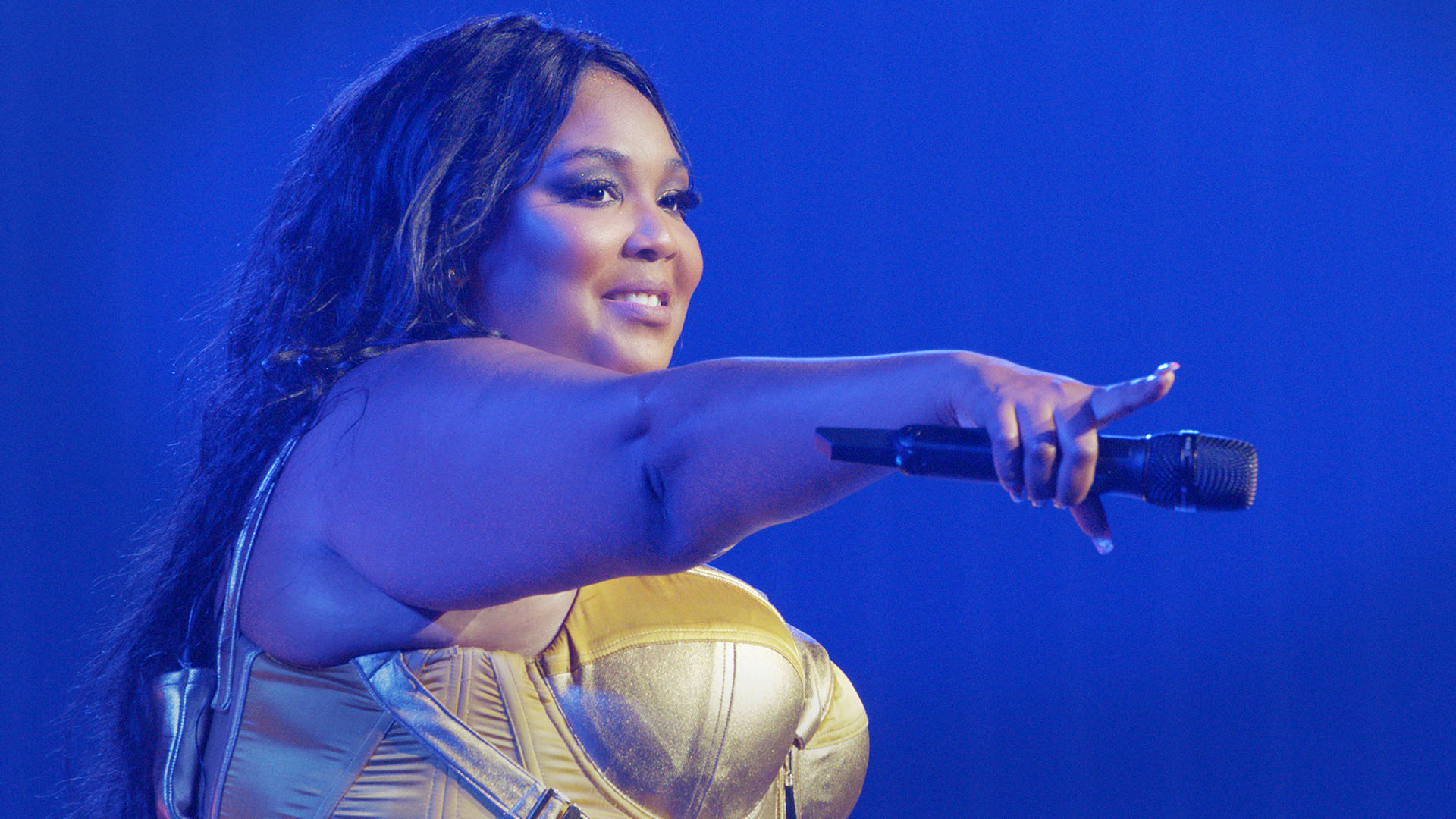
From life and love to the pandemic and social activism, Lizzo is irrevocably herself in a new documentary. Love, Lizzo offers an intimate look at the rise and life of a musical icon, writes Laumata Lauano Volavola.
Filmed over the course of three years, throughout Lizzo’s Cuz I Love You world tour, Love, Lizzo captures everything from the peak of the pandemic to the recording of her latest album, Special. Split into five parts, the documentary doesn’t follow strict chronological order and it can be a little bit back and forth time-wise until closer to the end. But what ties it together is Lizzo’s unwavering earnestness and big personality.
Born Melissa Viviane Jefferson, the documentary weaves the inspirational story from her humble beginnings to her meteoric rise. It provides an intimate look into the moments that shaped Lizzo’s hard-earned rise to fame, success, love and international stardom as a multi-hyphenate powerhouse, being the skilled rapper-singer-songwriter-flautist-actress-successful businesswoman she is. The doco delves into her early roots in Detroit and Houston, grieving her dad’s death, living out of her car, the beginnings of a music career in Minneapolis and her eventual breakthrough.
Lizzo has always been unapologetically herself, a real artist—on socials and in interviews, she appears to say what’s on her mind and it feels real. She’s big, she’s brave and she’s talented. But she also works really hard, and is across it all—which is highlighted in sequences where we see her work ethic, talks with whoever she’s working with, and how she has an attention to detail that ensures her shows are phenomenal.
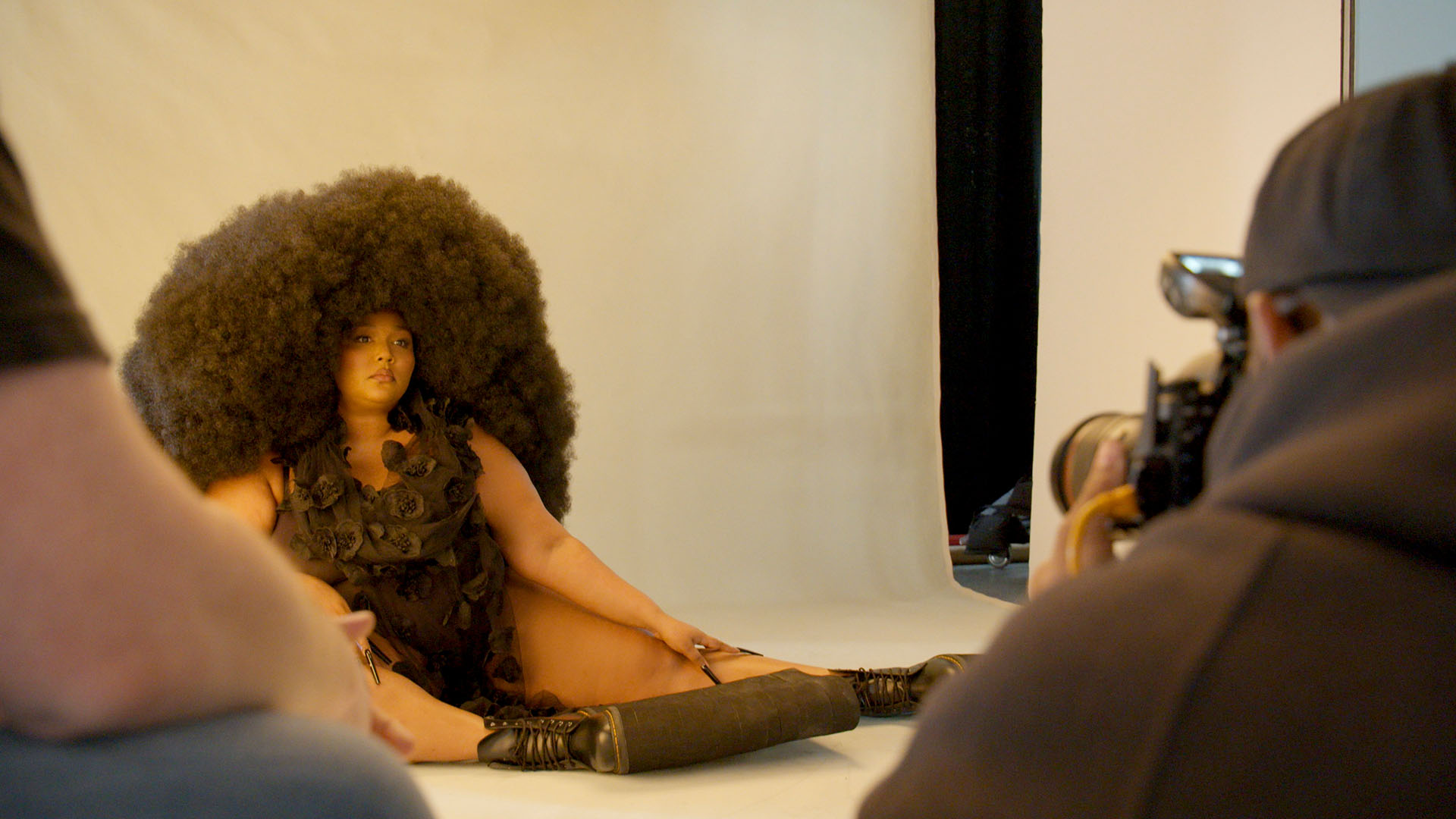
Love, Lizzo is an homage to her realness, to her journey, to everything that’s gone into making her the artist and international icon she is. It doesn’t try to present her as something she’s not. “I don’t make nobody comfortable. I’ve never walked into a room and been, like, ‘like me.’ I walk into a room and I’m like ‘accept me’.”
And accept her the world has, can you blame us? With bangers like Truth Hurts, Good as Hell and About Damn Time: there’s so many more and they all unapologetically lay out her experiences as a ‘fat Black woman’.
Yes, first and foremost she’s a big, Black, amazing woman, and unapologetically so. And yet she’s faced backlash from people thinking her persona and music aren’t Black enough and nothing hurts her feelings more than people questioning her Blackness. During a vulnerable moment captured in the documentary she says, “I’m protective of my Blackness. People like to mishandle my Blackness, thank God they don’t have ownership of it.”
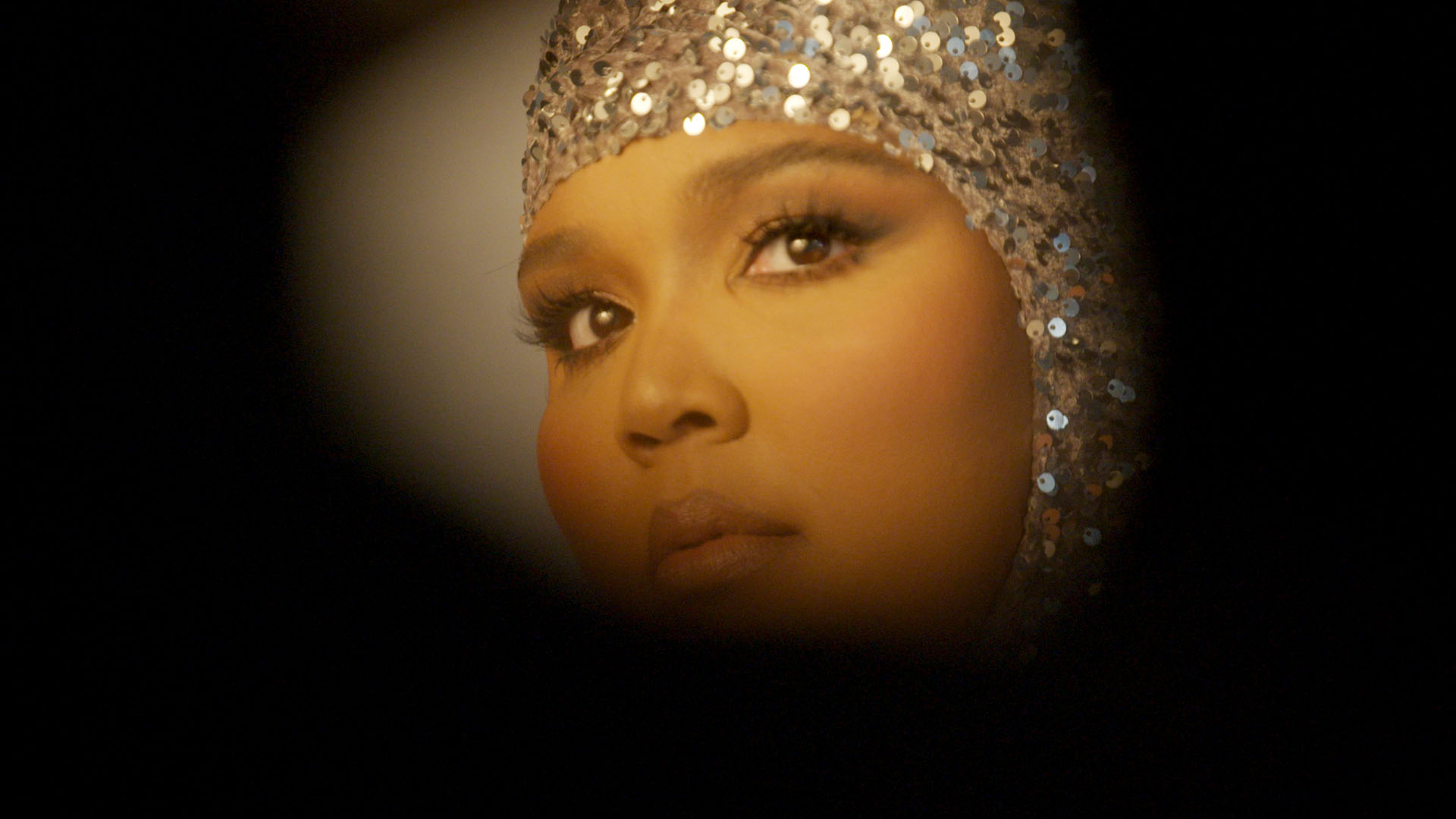
In an interview with Vanity Fair, the Grammy and Emmy award winner states that she’s not making music for white people. “I am a Black woman, I am making music from my Black experience, for me to heal myself [from] the experience we call life. When I perform music I re-live painful experiences but music didn’t do that to me, life did. And because of music I can express that pain in a way that makes life easier.”
There are many moments like these in Lizzo’s slickly produced doco, directed by Doug Pray (Hype!, Scratch) who’s known for exploring subcultures in his films. And if there’s a potential for the formation of a subculture in any artist, it’s Lizzo. Hers is a journey of a trailblazing superstar who has become the movement the world desperately needed just by being herself.
There are so many moments of unabashed vulnerability that really humanise her, even more than her big bad bitch self weaponises her (“I’m going to be in this body forever, I’m going to be this bitch forever,” she acknowledges). However, through it all are moments of sheer disbelief and joy she has at her hard work paying off and catapulting her into the life she’s worked so hard for—drawing in multicultural but also hordes of white crowds.
It’s evident she isn’t ignorant of her position as a big Black woman succeeding in the predominantly white pop industry, nor is she ignorant of the way her Blackness, how Blackness in general, has been harvested.
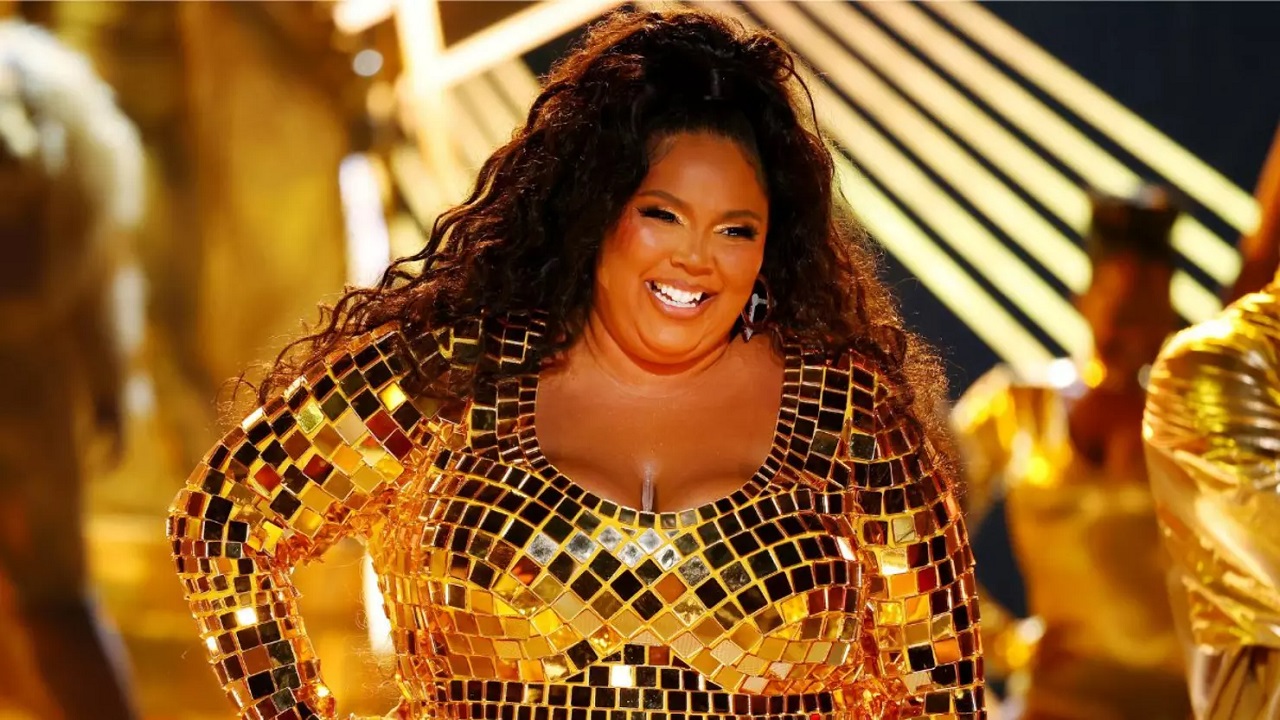
“Blackness is a commodity, a hot commodity” she states, a commodity she has in spades—together with her sizeable body and personality she’s a force to be reckoned with. From her powerful music to her activism, speaking up for women, for plus size women, Black women and the erasure of their experiences, we see her protest the injustice of what happened to Breonna Taylor and other people of colour to LGBTQI+ communities.
It’s hard not to get swept up in Lizzo’s world, in her realness and in everything that makes the artist exactly who she is both on and off the stage. And who that is isn’t just a multi-hyphenate but a multifaceted woman that’s been through it for the sake of her music career, for the sake of doing something that’s different and uniquely her.
It’s inspiring, and emotional. Seeing snippets of her performances juxtaposed against footage of her as a child or footage of low moments where she’s suffering heartbreak really takes you on a rollercoaster ride of emotional damage. I feel like it was okay for her to cry during a Harry Styles song—I don’t know why I joined her. But that’s what you’re going to get from Love, Lizzo—you’re going to find yourself loving Lizzo just a little bit more than you already did.
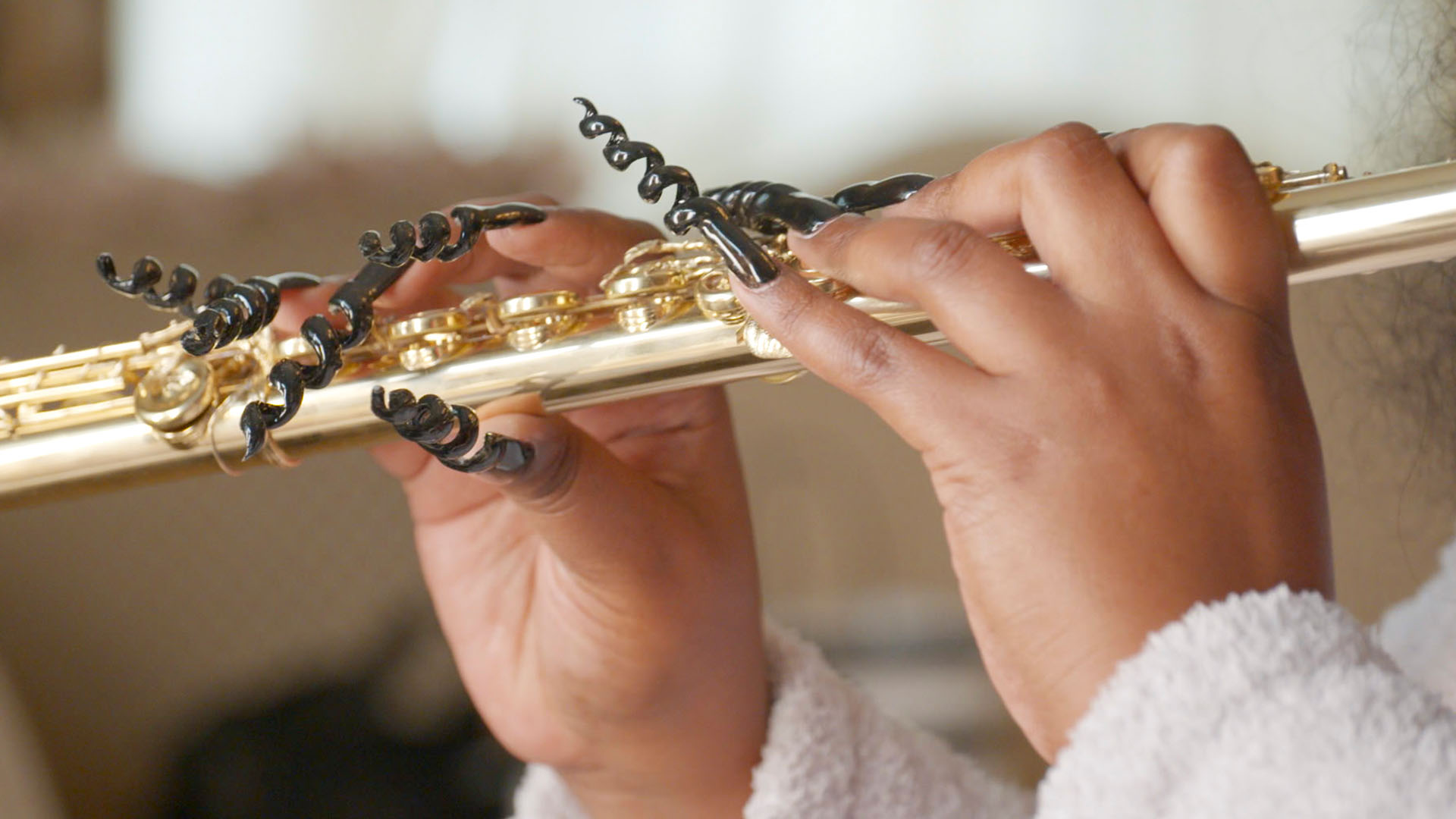
If you didn’t even like Lizzo (firstly, how dare you!), you’ll surely develop a newfound respect for the artist. If not for the contagious laugh and gleeful presence she exerts then at least for the way in which she has worked extremely hard from the get go to be where she is now.
Moreover you’ve got to admire the way she thinks, which we see throughout the film, mostly during glimpses into the creative genius behind the music backstage or during a rehearsal. She has a vision, and it’s executed in the pageantry. Operating from an unapologetically raw, albeit methodological, mind that exists and shines from behind the big blinding smile.




